Over the years with the exploitation of the Amerindians, establishment of tobacco and sugar plantations, the introduction of African enslaved labour and indentureship of East Indians and Chinese and the immigration of Syrians, Trinidad changed hands from the Spanish to the British monarchy where it was made a crown colony in the Caribbean. All of this created an ethnic fusion of a plurality of cultures and races restructuring the dynamic of colonial society.
Tavaco/Tobago, referring to the pipe in which the Amerindians smoked tobacco, was the original name of the island. It is purported that there were other Amerindian names for this island. However, the word ‘Tobago’ is synonymous with the word “tobaco”, being the Spanish word for tobacco, used by both Spanish and French settlers. At the time, Tobago was considered separate from Trinidad and was first mainly inhabited by Caribs and later experienced a similar socio-political history to that of Trinidad.
Tobago was a prosperous colony with a booming sugar industry, but as a result of riots, the abolition of the slave trade and emancipation, as well as other events, Tobago’s economy was unstable and the British saw it wise to amalgamate both colonies of Trinidad and Tobago in 1888.
Today, we, as a twin island state, celebrate 56 years of independence, moving forward despite issues of national concern, basking in the blood, sweat and tears of our ancestors and celebrating all the joys and triumphs of our diversified culture among our Trinbagonian people.
“God bless our nation
Of many varied races
May we possess that common love
That binds and makes us One.
Let it be known around the World
That we can boast of Unity
And take a pride in Our Liberty.”
-Majorie Padmore

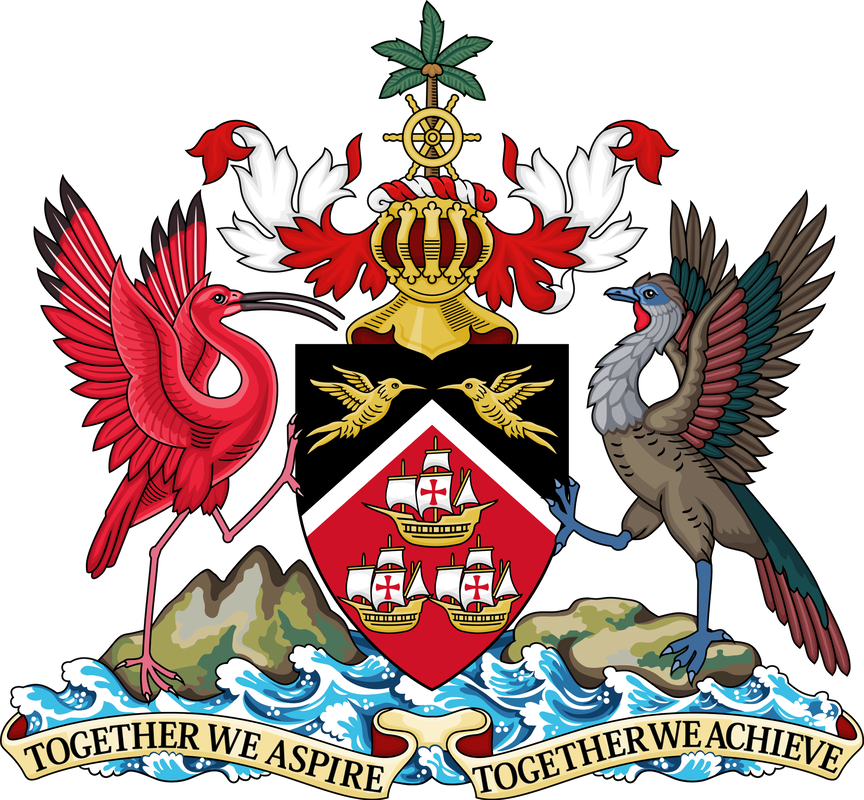
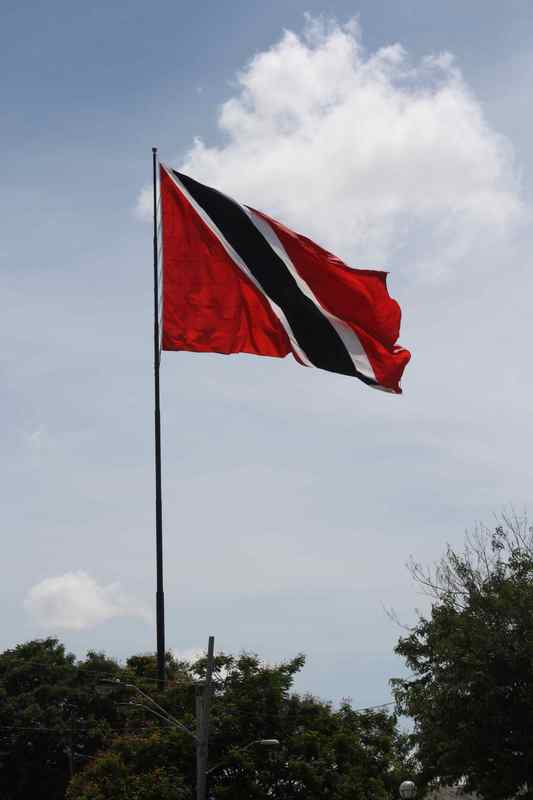
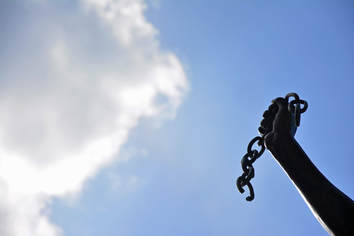
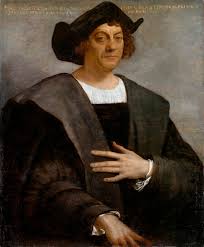
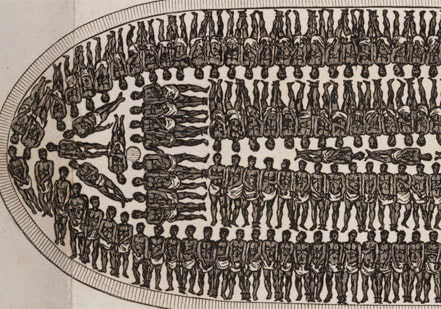
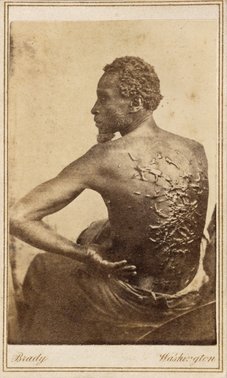
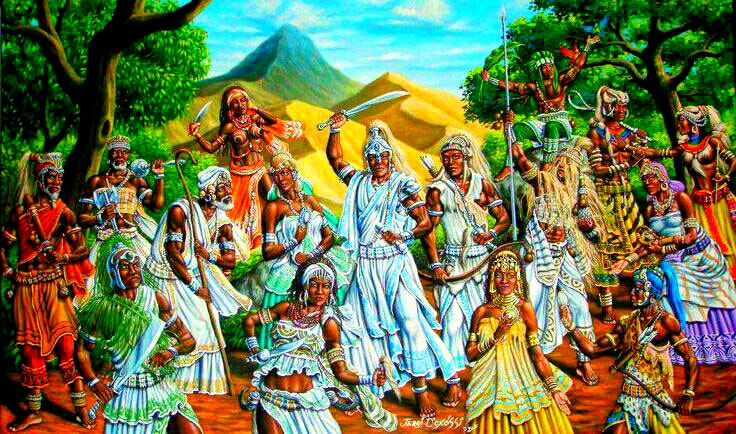
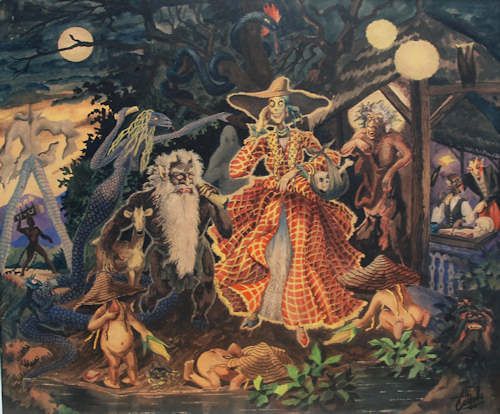
 RSS Feed
RSS Feed